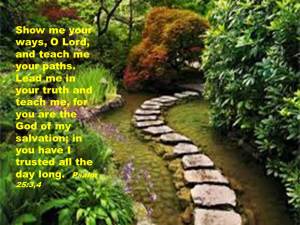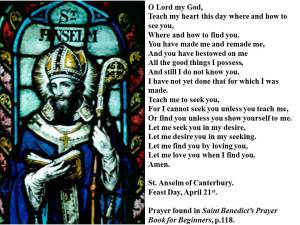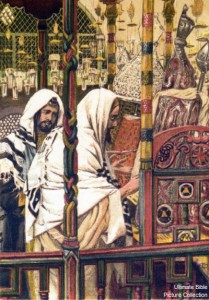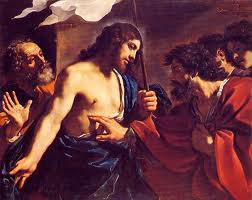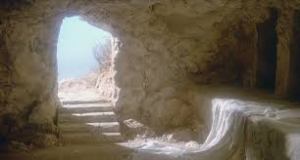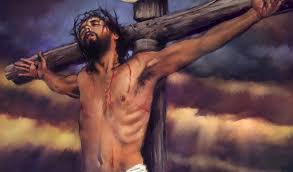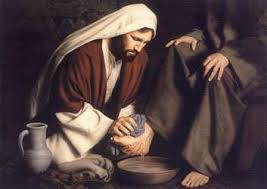You, O Lord, are my lamp; my God, you make my darkness bright (Psalm 18:29 The Book of Common Prayer, p.604).
Sometimes the word darkness gets a bad reputation. It comes from the belief that nothing good happens at night while it is dark. There is some truth to the concept if you believe that darkness is where faith ends. As Christians, faith does not end with darkness. Christ Jesus is our Light of hope. At the Great Vigil of Easter the newly lit Easter Candle is processed into the church as we chant, “Christ our Light. Thanks be to God.” Among the reasons that Monastics of various orders celebrate Vigils and/or for some Matins, is because it is symbolic of watching for Christ our Light to come and scatter our darkness.
There is no doubt that we are living through times that can be described as dark. As Christians, we must live with faith and hope that Christ continues to “make our darkness bright.” St. Benedict in The Rule quoted John 12:35 in The Prologue. “Run while you have the light of life, that the darkness of death may not overtake you.” (RB 1980, p.16). It was not enough for St. Benedict to use the word “walk” that ordinarily begins the Bible verse. He believes that there is too much urgency to walk. So, instead, Benedict tells us to “run.”
The words from Psalm 18:29 are an acknowledgement of God’s relationship with us in our dark moments. It is a testimony of what the Psalmist has experienced combined with heartfelt faith and anticipation of what God will do in the future. As Christians, we need to live into this relationship of God being our lamp who makes our darkness bright.
In Contemplative prayer is the experience of the Light that pierces the deepest darkness, through which God provides for us an awareness of God’s presence that calls, heals and gives us hope.
May we be attentive to God as our lamp and light. May that faith shine through us and around us.
Amen.
Br. Anselm Philip King-Lowe, n/OSB

